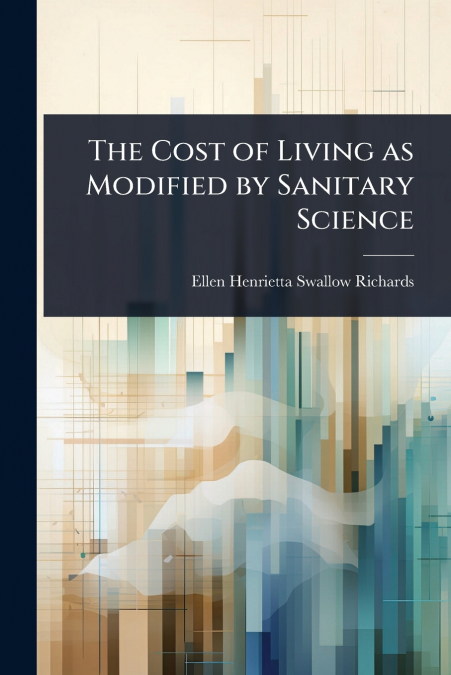
Ellen Henrietta Swallow Richards
'The Cost of Living as Modified by Sanitary Science' by Ellen Henrietta Swallow Richards, published in 1900, delves into the intricate relationship between household economics and public health. Richards, a pioneer in the field of home economics, explores how sanitary practices directly impact the cost of living. This seminal work examines various aspects of daily life, from food and nutrition to hygiene and household management, offering practical advice on how to improve living conditions while minimizing expenses. Richards emphasizes the importance of scientific principles in maintaining a healthy and efficient household. She provides detailed analyses of common household expenses, advocating for informed consumer choices and efficient resource management. By integrating the principles of sanitary science into everyday life, Richards argues, individuals can not only reduce their financial burden but also enhance their overall well-being. This book remains a valuable resource for understanding the historical roots of home economics and the ongoing relevance of its principles in contemporary society.This work has been selected by scholars as being culturally important, and is part of the knowledge base of civilization as we know it. This work was reproduced from the original artifact, and remains as true to the original work as possible. Therefore, you will see the original copyright references, library stamps (as most of these works have been housed in our most important libraries around the world), and other notations in the work.This work is in the public domain in the United States of America, and possibly other nations. Within the United States, you may freely copy and distribute this work, as no entity (individual or corporate) has a copyright on the body of the work.As a reproduction of a historical artifact, this work may contain missing or blurred pages, poor pictures, errant marks, etc. Scholars believe, and we concur, that this work is important enough to be preserved, reproduced, and made generally available to the public. We appreciate your support of the preservation process, and thank you for being an important part of keeping this knowledge alive and relevant.